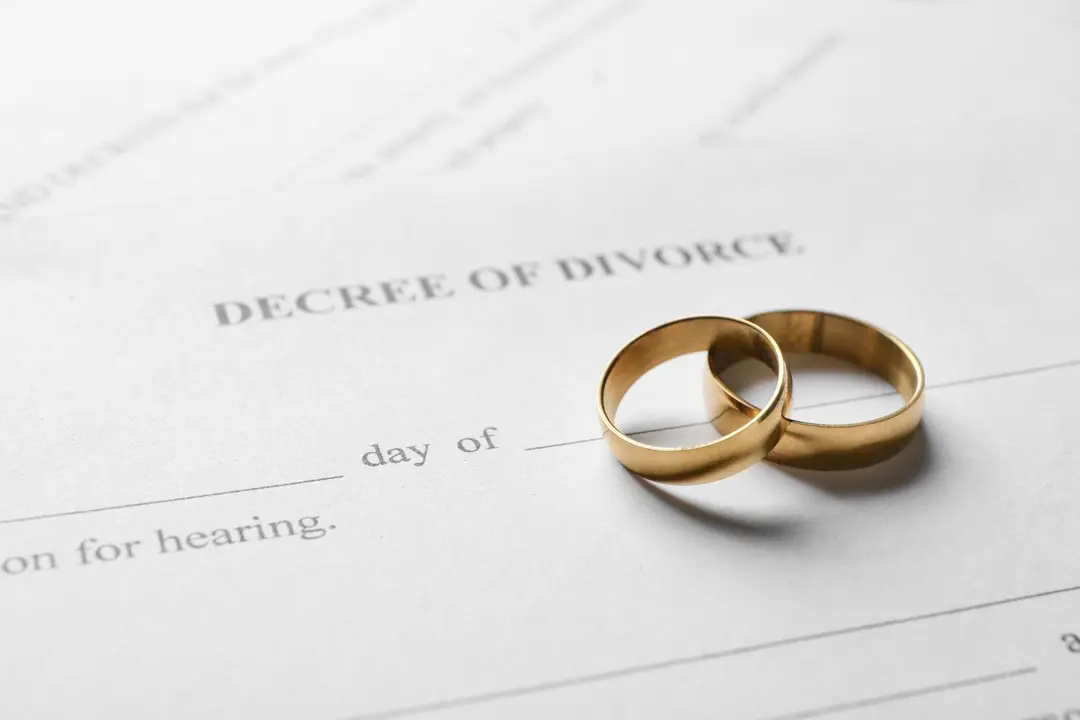Divorce does not have a direct impact on your credit score. The state or your lawyers don’t report your divorce proceedings to any of the credit rating agencies and it won’t show up on your credit report like loans or hard credit inquiries will. However, divorce can have dramatic effects on your finances, some of which may impact your credit.
Unentangling assets, loans and credit after decades of combined finances can be a difficult task. It’s certainly never easy and is one of the most frequently overlooked challenges in divorce proceedings.
It’s not uncommon in divorce agreements for lawyers of both parties to work together on transferring ownership of certain accounts or assets into a single party’s name specifically to avoid the hassle of attempting to split everything down the middle. For example, one spouse may keep the house while another takes vehicles, a boat, jewelry or some other assets of roughly equal value.
Debts, like credit card debt, can be more complicated. If your name and SSN are on credit cards or cosigned mortgages with your spouse and your spouse fails to pay on time, your credit score will take a hit right alongside theirs.
Separating accounts may also have knock on effects, like reducing credit limits and, as a result, your debit-to-credit ratio. Whether those types of changes will negatively impact you in a tangible way depends on things like your spending habits or upcoming purchase plans.
Retirement Savings After Divorce
If you were the primary wage earner, you may owe your ex-spouse alimony (formally known as spousal maintenance in Arizona). Spousal maintenance is usually only required if your spouse isn’t capable of supporting themselves. Child support is another issue entirely. If you have dependent children and your ex is going to be the primary care giver you will most likely be required to pay some level of child support, even if you aren’t required to pay spousal maintenance.
One of the most common effects in terms of retirement savings is tighter budgets, meaning you may have less to put away toward retirement savings each pay period. You may need to reduce your 401(k) contributions or temporarily eliminate them altogether. This generally isn’t ideal, as taking years off retirement savings can have long-term negative consequences for your assets in retirement.
How Are Retirement Savings Accounts Treated During Divorce?
How retirement savings are treated after a divorce in Arizona depends on a number of variables. If you had a separate 401(k) prior to marriage, that asset will belong solely to you. However, contributions you made to that 401(k) during your marriage will be considered communal property unless you had a pre- or postnuptial agreement saying otherwise. Any gains on those investments would also be considered communal property.
Ideally you, your spouse and your attorneys can negotiate some solution wherein the split doesn’t require a ton of complicated calculations to determine exactly where the cutoff was and the gains during your marriage. In some marriage dissolutions one spouse will get the retirement savings account and the other will get an asset of equal value, like their house.
This can pose additional issues from a retirement planning perspective. A house of equal value is not a tax-advantaged retirement savings vehicle and won’t function the same way in retirement. You can sell the house and put the money in a brokerage account but 401(k)s and IRAs have contribution limits, so you can’t just drop $300,000 of proceeds from a home sale into a retirement savings account.
You can, however, open traditional brokerage accounts, invest the money and gradually transfer those funds into a tax-advantaged retirement savings plan according to maximum contribution guidelines. The process can be tedious and, depending on how close you are to retirement, it may not be a workable solution.
Alternatively, a 401(k) can potentially be split into two separate 401(k)s with a qualified domestic relations order (QDRO) issued by a judge. Two spouses can not simply agree to the split and make it happen without the QDRO. This may be the ideal solution for both spouses as it allows you to retain the tax advantages of your retirement savings plan and enables you to continue making contributions as you had before. If it’s an employee-sponsored 401(k), the spouse who doesn’t work for the employer may lose out on matching funds, and additional spousal maintenance may be ordered as a result depending on the situation.
Retirement Planning Around Divorce
Divorce unfortunately happens to people of all ages. It’s not unheard of for retirees or people approaching retirement age to get divorced and be forced to deal with a variety of complicated financial questions pertaining to savings. The team at Fullerton Financial Planning can help you navigate the financial aspects of your divorce as they pertain to your retirement plan and work with you to develop a workable solution for long-term sustainability. Call us at (623) 974-0300 to learn more.






